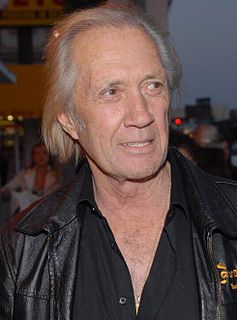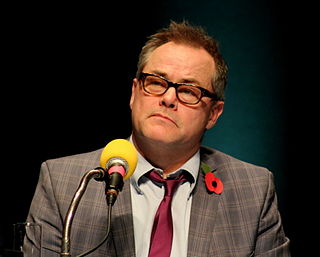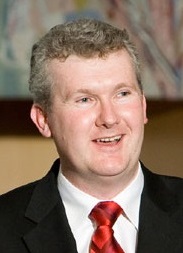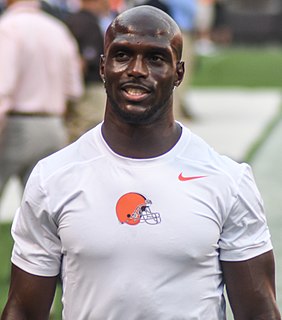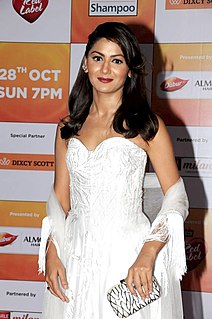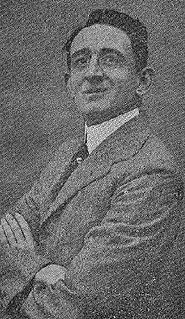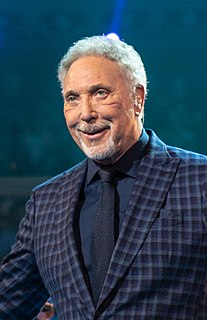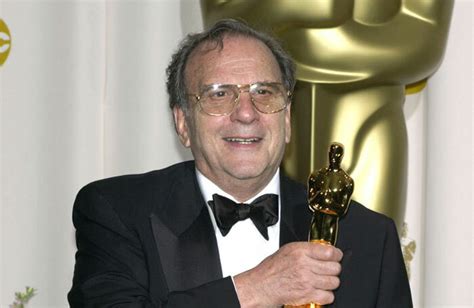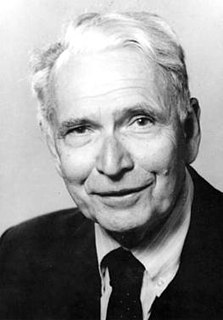Top 683 Malcolm X Autobiography Quotes & Sayings - Page 10
Explore popular Malcolm X Autobiography quotes.
Last updated on November 15, 2024.
What is clear is that Malcolm X incorporated within the framework of black nationalism a pan-Africanist and internationalist perspective. In doing so, he began to reassess radically earlier positions sexism and patriarchy. He began to break with notions of sexism that he had long held as a member of the Nation of Islam, and began to advance and push forward women leadership in the OAAU.
I don't get too political in my music, because some people tend to get bored with the message: I say what's necessary and leave it at that. The books of Malcolm X go deeper than any song. But entertainers can be educators. Music touches the soul. Knowledge touches the mind. When you combine the two, you capture the whole.
The man who buried Malcolm X - my Muslim imam, priest - he, after I got beat up by police... came to me, and he said, 'You don't need this American name.' And I was susceptible to it at the time because, God knows, I had just gotten whipped near to death. So he gave me an Arab name; he gave me the name Amir Barakat.
Tommy moved on. "Lash, your people have been oppressed for hundreds of years. It's time to strike back. Look, you don't have your MBA yet - they haven't completely juiced you of your usefulness yet. Would Martin Luther King back down from this challenge? Malcolm X? James Brown? Don't you have a dream? Don't you feel good, like you knew that you would, now?
Reading any collection of a man's quotations is like eating the ingredients that go into a stew instead of cooking them together in the pot. You eat all the carrots, then all the potatoes, then the meat. You won't go away hungry, but it's not quite satisfying. Only a biography, or autobiography, gives you the hot meal.
No doubt, you've got a parliament now - I mean, Malcolm Turnbull says he'll work with the parliament he's got. He's got a parliament where a majority of the members of parliament want that law to be changed. He's got a parliament where there's a majority in each House who have publicly said they want to have a Royal Commission into banks.
I think for guys - you're going to have some people that are willing to be on the front line. You think of guys like Malcolm Jenkins, Demario Davis - guys that are willing to speak up and say, 'Hey, there's a problem, and I want to help change, and I want to be a vessel to keep this thing moving and see change.'
We know from Talmadge Hayer, one of the men who carried out the assassination, who was shot by Ruben X as he tried to flee the Audubon after shooting Malcolm X, we know that Hayer confessed years later to his Imam in prison that there had been a walk-through a week prior to February 21st [1965] at the Audubon Ballroom.
Well I'm not making predictions. But the point I can - what I can say to you to contribute to your thinking is as somebody who has been out knocking on doors, doing the street corners, speaking to constituents right across the country is that the Government - that people understand that the Government's message of jobs and growth is addressing their concerns and they have a level of - a high level of confidence that Malcolm Turnbull and Scott Morrison are the people who can deliver.
I have very rarely written autobiographical stuff. "Greasy Lake" and some other works have some autobiographical elements, as does "Birnam Wood," the one I chose to end [this collection] with. I lived in that house and some of my feelings are expressed in it, but it's not autobiography. It was not me and that didn't happen exactly that way.
Obviously, in marketing, the best tool is to show the autobiography in fiction. It's inevitable how that happens, but it's generic. Say I've written a story where my sister dies. 'Well, did your sister die?' No, she did not. But people use those straws to grasp at the difference between reality and fiction.
In the end the privatisation of war is not acceptable. We shouldn't be issuing these sub-contracts to these contracting companies because the people who run them are making millions. There should be no relationship between ex-politicians and them, like John Reid and Malcolm Rifkind, who are now associated with contracting companies having been ministers of defence. That's unacceptable.
Malcolm Fraser, in the marrow of his bones, despised racism. He despised people who discriminated against other people because they were different and in particular because of the colour of their skin, and I don't think there has been a time in Australian politics where there has been more attention to the importance of that value.
I think Malcolm Forbes got kicked out of our school and [Ethiopian Emperor] Hallie Selassie's grandkids went there, too. Because of security reasons you have to go to those schools. We had a privileged life, fine, but also very secure. So I think it's great where the [Barack] Obama daughters are going to school.
What Malcolm X did not know is that back in 1962, a collaborator of Alex Haley, fellow named - a journalist named Alfred Balk had approached the F.B.I. regarding an article that he and Haley were writing together for The Saturday Evening Post, and the F.B.I. had an interest in castigating the Nation of Islam, and isolating it from the mainstream of Negro civil rights activity.
I was assigned to the Waffen-SS but was never involved in any crime. Besides, I always felt the need to write about my experiences in a larger context one day. This has only developed recently, now that I have overcome my inner aversion to writing an autobiography in the first place, specifically one having to do with my younger years.
Empathic listening is so powerful because it gives you accurate data to work with. Instead of projecting your own autobiography and assuming thoughts, feelings, motives and interpretation, you're dealing with the reality inside another person's head and heart. You're listening to understand. You're focused on receiving the deep communication of another human soul.
I know Malcolm [Subban] and myself, we're a little bit older now, but we don't know everything. To get to where we have so far has been a great accomplishment but we're not even close to being satisfied. To be able to keep on getting better, progressing, and having success, you need help. What better place to get it than from your parents?
When you first start off, I know singers who have only been in the business just a short amount of time, and they've already written their autobiography. I didn't want to write it too soon. I wanted to live a while and write about things that I felt were important to me - growing up in Wales, and the characters that I met and listened to.
When white supremacy becomes institutional, it begins to harm the very people who are not simply outside of it because of their race, it begins to harm the folk who look like the folk who want to be in charge. Martin Luther King, Jr., understood this, Malcolm X understood this, James Baldwin really understood this.
That was exciting to be able to comment on civil rights. I mean, the civil rights movement that young people don't know about today, but Martin Luther King was considered by the establishment press in the early years of the sit-in movement as a dangerous man, and he was the equivalent at that time as Malcolm X. And he was told to stop his demonstrations; they were against the law and all of that. Now that he's sainted and sanctified we've forgotten.
According to Colonel Ely Garrison, in his autobiography and according to the United States Naval Secret Service Report on Paul Warburg, the Russian Revolution had been
financed by the Rothschilds and Warburgs, with a member of the Warburg family carrying the actual funds used by Lenin and Trotsky in Stockholm in 1918.
[Malcolm X] had said a great deal about nonviolence, criticizing nonviolence, and saying that I approved of Negro men and women being bitten by dogs and the fire hoses, and I say, say go on and not defend yourself. I think this kind of response grew out of the build up, all of the talk about my being a sort of polished Uncle Tom.
Detroit was an exaggeration of what was going on across the country. You could see the divisions, even within the Civil Rights Movement of that period. At the same time that Martin Luther King was talking about his dream, Malcolm X gave his most famous address in Detroit during that same period, "The Message To The Grass Roots," dismissing the notion of integration.
Autobiography is not important. Authenticity is important. The writer must fire herself through the text, be the molten stuff that welds together disparate elements. I believe there is always exposure, vulnerability, in the writing process, which is not to say it is either confessional or memoir. Simply, it is real.
When I was first approached about doing an autobiography, I said, 'absolutely not.' But when I sat down, memories came pouring out. It wrote very quickly - I think there was an emotional impulse, because once I started in, the story itself carried me along. It was a very intense writing period and took a year and change to finish.
A scientific autobiography belongs to a most awkward literary genre. If the difficulties facing a man trying to record his life are great - and few have overcome them successfully - they are compounded in the case of scientists, of whom many lead monotonous and uneventful lives and who, besides, often do not know how to write . . .
When you write something you know, you're making a story that will work, whether or not there's bits taken. It's always funny to me when people say, 'Well, it's clearly autobiographical,' and I say, 'Well, how do you know my autobiography?' Certainly, there are things that are connected, but I just think it's a very interesting assumption.
But it's me taking a stand for something that means something. And it's for the fighters who are up and coming. It's sort of the same stance Martin Luther King and Malcolm X made, so we could have freedoms, so everybody could tell the world that we're equal. The only thing I'm saying is that we are equal. So if you're not on nothing and I'm not on nothing, then let's go take the test. That's all I'm saying.
You see Martin Luther King is dead and Huey Newton is not. And Malcolm X is dead and Bobby Seale is not. And Vernon Jordan was shot. The thing that revolutionaries, or even people who want to claim they're revolutionaries, often forget is that it doesn't make no difference what kind of wardrobe you wear, and if you speak up about Black people doing better you just risked your life.


